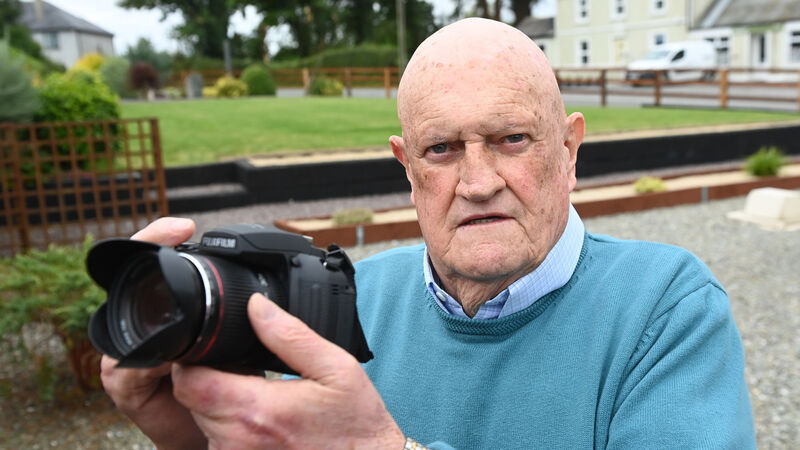New HSE dementia plan will 'give us a voice'

Charlie Drake, who has been living with dementia since 2019, said the plans can have “a major impact on the everyday life of people with dementia and of course the family carers”. Picture: Eddie O'Hare
The HSE has launched an "ambitious" plan for people living with dementia following concern at under-diagnosis and predictions that as many as 150,000 could have this condition by 2045 in Ireland.
Charlie Drake, from Mallow in Cork, has been living with dementia since 2019 and he is hopeful about the latest HSE model of care. “It will give us a voice and a say in how we would like our dementia to be managed,” he said.









